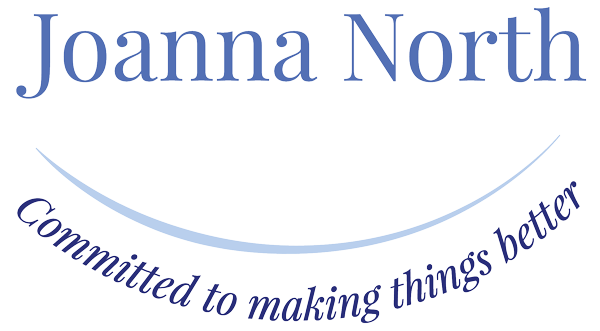Reactions to Rejection
Written from our experience and expertise and also with help from research: The Adoption Reunion Handbook by Julia Feast, David Howe and Liz Trinder. (Wiley 2004 p.43)
The birth relative you are seeking to find may not wish to be in touch. Rejection is often hard to accept. Your feelings may be one of hurt, upset or anger. It is hard to understand why your birth relative does not feel as excited as you do about making a connection. Some responses are as follows, but please talk with us if you are struggling with any of these reactions because we have expertise in adoption counselling and can help at this time.
A natural response to disappointing rejection may be to want to fight back and by getting angry, but there are other strategies for dealing with this intense human emotion. You are entitled to your anger, but it will not benefit you if it goes on forever and is not resolved. You may also feel deeply hurt and sad by not being accepted by your natural birth relative and this may stay with you for some time. This is an understandable and perfectly normal and natural response because your hopes and dreams and primary attachment wishes will be crushed. Some people even have suicidal thoughts following this experience. The best solution is always to talk it over with someone, and we have qualified counsellors who will help do this with you and who are experienced at helping people through this temporary crisis. However, we are not any emergency service so in an emergency and if you think you will act on any suicidal thoughts, please call The Samaritans in the first instance on
116 123 or e mail . Or if you are in a mental health emergency and you are in danger please dial 999.
Being prepared is helpful, and we always try to make people as ready as possible for this outcome before we embark on this journey with you. We will continue to support you through the rest of this journey.
If you are angry, you could redirect your anger, and it is best not to hit out at people or resort to abusive measures or blaming others. You could, for example search for other relatives instead.
Talking will definitely help. We usually advise people that this decision on the part of a relative will not be personal , and probably it relates to circumstances in their own lives such as stress, privacy, difficulty in thinking about the adoptive process, or they may have mental health or health issues which mean they do not feel at their best. It may just not be the right time for them. Sometimes people come back to us months later when they are ready, but we don’t want to build false hope for you on this. It may just be that the person saying no has decided clearly not to connect with the past and this is their clear right to do so.
Identify the Positive – i.e. you did all that you could do, you saw it through until the end, your search is on file, and you let the person know you were thinking of them. This is indeed a great positive and you have done all you can do. Tell yourself you did well.
Writing it down to sort it out. You could write all of your thoughts and feelings down and share them with your adoption counsellor who will understand all of these. There is no need to share notes with anyone else and the pages you write on could be deleted or destroyed but writing upset thoughts down is a very healthy and well researched way to proceed with emotions that remain after a disappointing event.
Get support. Counselling really does help, and we have helped many people come to terms with this scenario. Please ask for counselling with our service – we will help you.
In the long run few adopted people are rejected outright but we know that it does happen, and if it happens to you, you may wonder ‘why me’. It won’t be personal.
The main reason for rejection seems to be when subjects have kept the adoption a secret and they don’t want their thoughts to be disturbed by emotional connection. They defend themselves from this shock and surprise with an outright ‘no’.
If you have had this experience and you feel sad, upset or angry. Please let us help you by arranging an appointment:
and in an emergency contact the Samaritans on 116123 or
or dial 999.
Dr. Joanna North.
Consultant Psychotherapist Adoption.
September 2024.
Joanna North Adoption (Ofsted registered)


